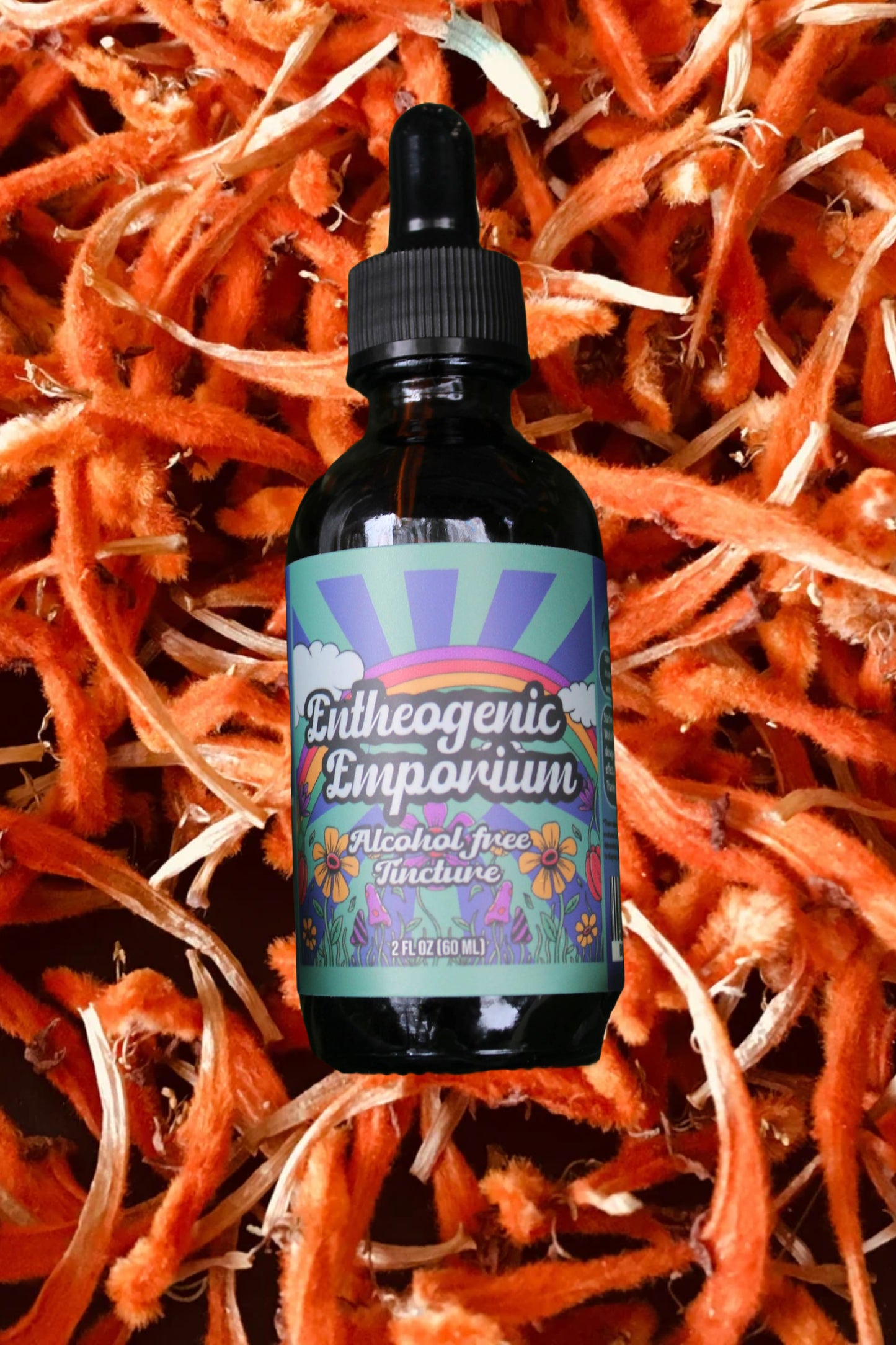
Healing Herbals
Wild Dagga Tincture Alcohol Free 2fl oz
Wild Dagga Tincture Alcohol Free 2fl oz
Couldn't load pickup availability
Wild Dagga Tincture (Alcohol-Free, 2 fl oz)
Product Description
Our Wild Dagga Tincture is made from organic South African-grown Leonotis leonurus. This vegetable glycerin based formula is free of alcohol and a natural preservative, which creates a gentle and adaptable tincture. Each small batch is prepared with care to ensure consistency and quality.
Usage & Directions
Mix a few drops into tea, water, or juice. Vary serving size to taste. Shake before use.
Ingredients
- Organic Wild Dagga (Leonotis leonurus)
- Vegetable Glycerin
FDA Disclaimer
This product has not been analyzed by the Food and Drug Administration. This product is not meant to diagnose, treat, cure, or prevent any illness.
Share


Here at Healing Herbals Store
We carefully select suppliers who share our commitment to environmental stewardship and minimize waste through eco-conscious or reused packaging whenever possible. We prioritize supporting fair labor practices and are currently investing in regenerative farming methods, so every product reflects our dedication to both quality and the health of our planet. Shop now!

